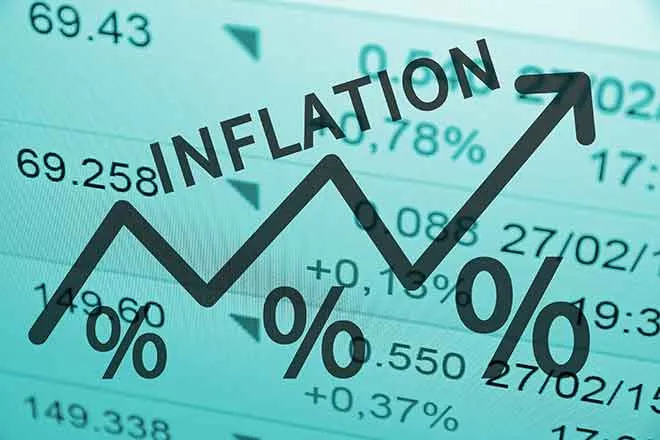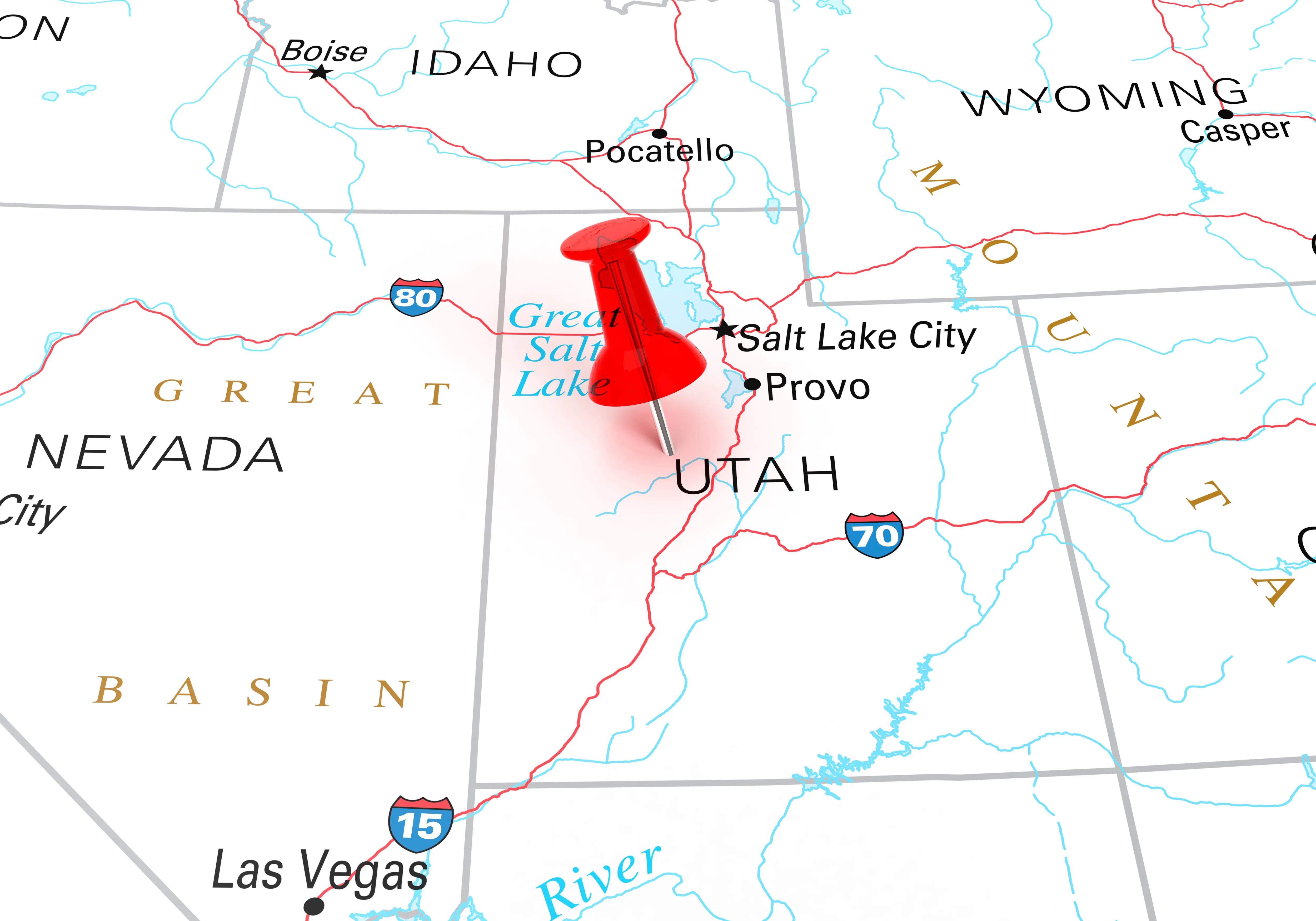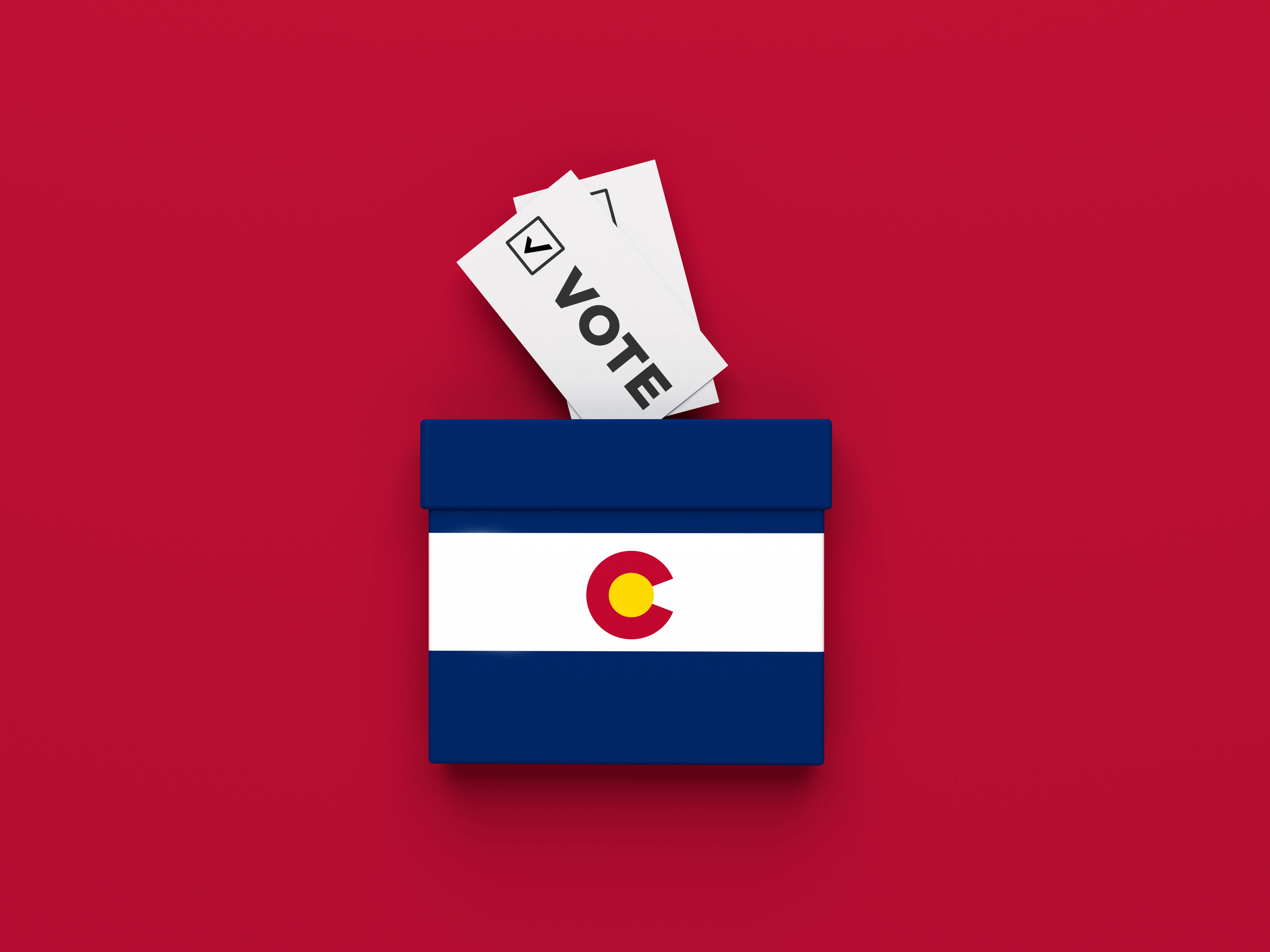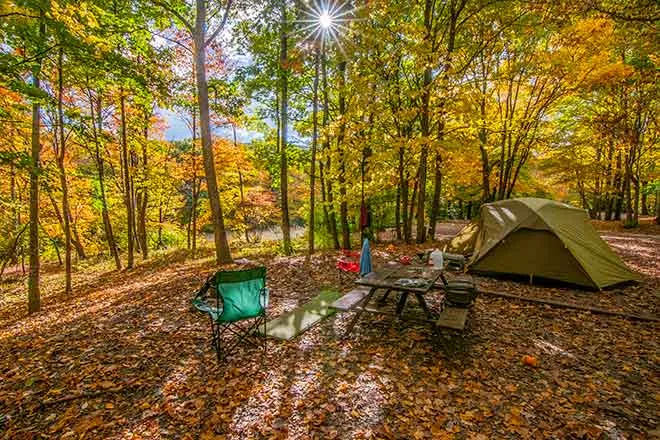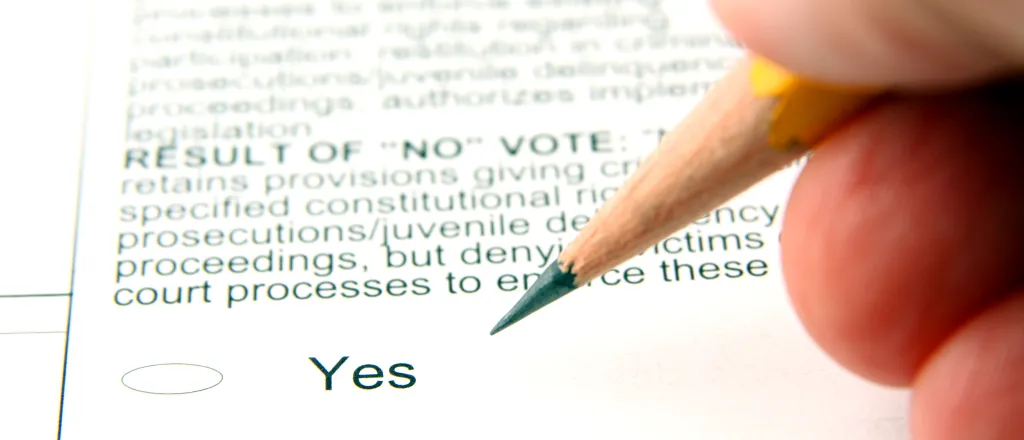
North Dakota back on familiar ground in debating ballot-question threshold
© Svanblar iStock-146069215
Click play to listen to this article.
The North Dakota Legislature isn't done trying to reshape approval requirements for future ballot questions that cover constitutional amendments.
The latest attempt seeks to go beyond a "simple majority." Last fall, voters across the state rejected the idea of increasing the signature requirement for getting initiated measures on the ballot. That plan had also called for these measures to be successful in a primary and general election before becoming final. Despite the failure, there's now a plan to bump the approval threshold for a ballot question to 60 percent.
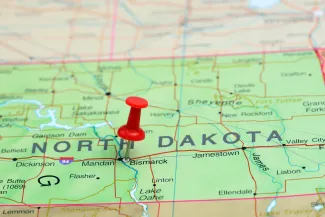
Amy Jacobson, executive director of the group Prairie Action, said a "super-majority" approach hurts grassroots level efforts.
"We really see it as kind of being designed to silence the voters by raising the voter threshold. It makes it much more difficult for everyday citizens to use something that is a protected right within our state constitution," she explained.
The Legislative sponsor and other supporters argue that compared with other states, North Dakota makes it too easy for constitutional amendments to cross the finish line. They also cite the influence of out-of-state interest groups. If the Legislature greenlights the proposal, North Dakota voters would then decide whether the higher threshold should become the standard.
Backers of the change often describe the state constitution as a "sacred" document.
Dustin Gawrylow, managing director of the North Dakota Watchdog Network, said at a recent committee hearing that lawmakers wanting this move are being selective in who should have a say when changes are involved.
"Is it all sacred or is it just some of it sacred? Because Article Three is the powers reserved to the people," he continued. "What does reserved mean? Does that mean unless the Legislature disagrees? Or, does it mean that they're truly reserved?"
Gawrylow would like to see reforms dealing with out-of-state interest groups spending money on ballot campaigns. But he thinks that should be dealt with separately. Other opponents say raising the threshold actually gives those entities a bigger voice over citizens.


